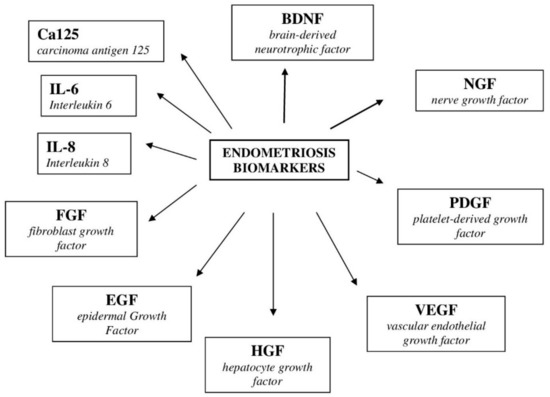Endometriosis is a unique disease in the fact that scientists have not been able to establish the exact cause of it. Endometriosis can be a cause of infertility, chronic pain, and deterioration of the quality of life. It is characterized by having active foci of the endometrium or endometrial tissue that occur out of its cavity and in the muscular layer of the uterus. Endometriosis is benign and estrogen-dependent but due to all of the implications that come with it, it is not an easy disease to deal with. Around 30-50% of women will experience infertility in several different ways. Symptoms of endometriosis include increasing premenstrual pain, pelvic pain, pain in the lower spinal area, dysmenorrhea, painful ovulation, pain during intercourse, pain when defecating, pain when urinating, radiating pain to the back, irregular abundant menstruation, blood in the stool, constipation or diarrhea, infertility, and chronic fatigue. This is a long list of symptoms and it does not stop there, it is seen patients experience other symptoms such as nausea, dizziness, headaches, depression, anxiety, hypoglycemia, rectal bleeding, hematuria during menstruation, and lowered immune system. For a disease that doctors do not know the root of the cause, it has a wide range of symptoms. It can show up in every woman differently but all of the symptoms are possible. It is a frequently occurring disease that still had unexplained answers and markers for diagnosis. There are several types of endometriosis as well that affect different areas of the body.
Over the years geneticists have tried to complete studies to figure out if there could be a genetic cause to this. It was observed through family studies as well as twin studies that if the disease has occurred in a woman in the family it is much more likely to occur in other members. Siblings and twins have a co-occurrence that exceeds 80%, showing how likely it is among families. It has been proven that a genetic factor is responsible for about 50% of the predisposition to the disease. Looking more into this article you can see how single Polymorphic variants can be associated with some of these traits and how some somatic mutations may play a role in it as well. Although no definite markers of the disease have been discovered, scientists do have some theories of what the biomarkers of this disease could be. There is a diagram to show some potential biomarkers.
https://www.genome.gov/genetics-glossary/Single-Nucleotide-Polymorphisms#:~:text=Definition&text=A%20single%20nucleotide%20polymorphism%20(abbreviated,drug%20response%20and%20other%20traits.
https://my.clevelandclinic.org/health/body/23067-somatic--germline-mutations#:~:text=Somatic%20mutations%20are%20a%20change,in%20a%20person's%20family%20history.

I really wonder if there would be a time where it is known what causes endometriosis because many women are diagnosed with this. If they can find a root cause, it could be possible to try and see if they can treat it earlier.
ReplyDelete